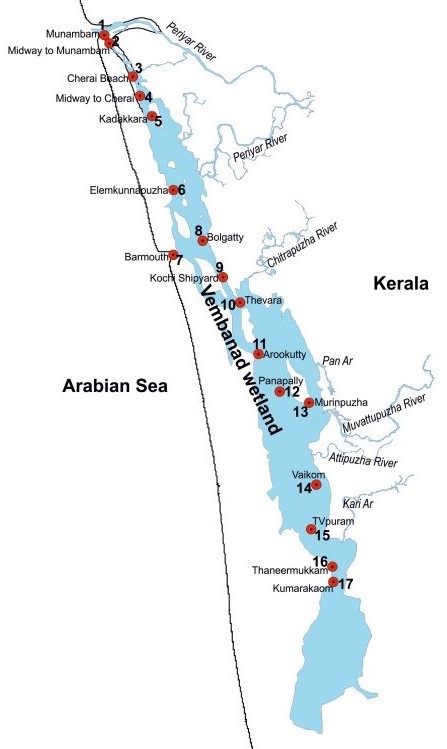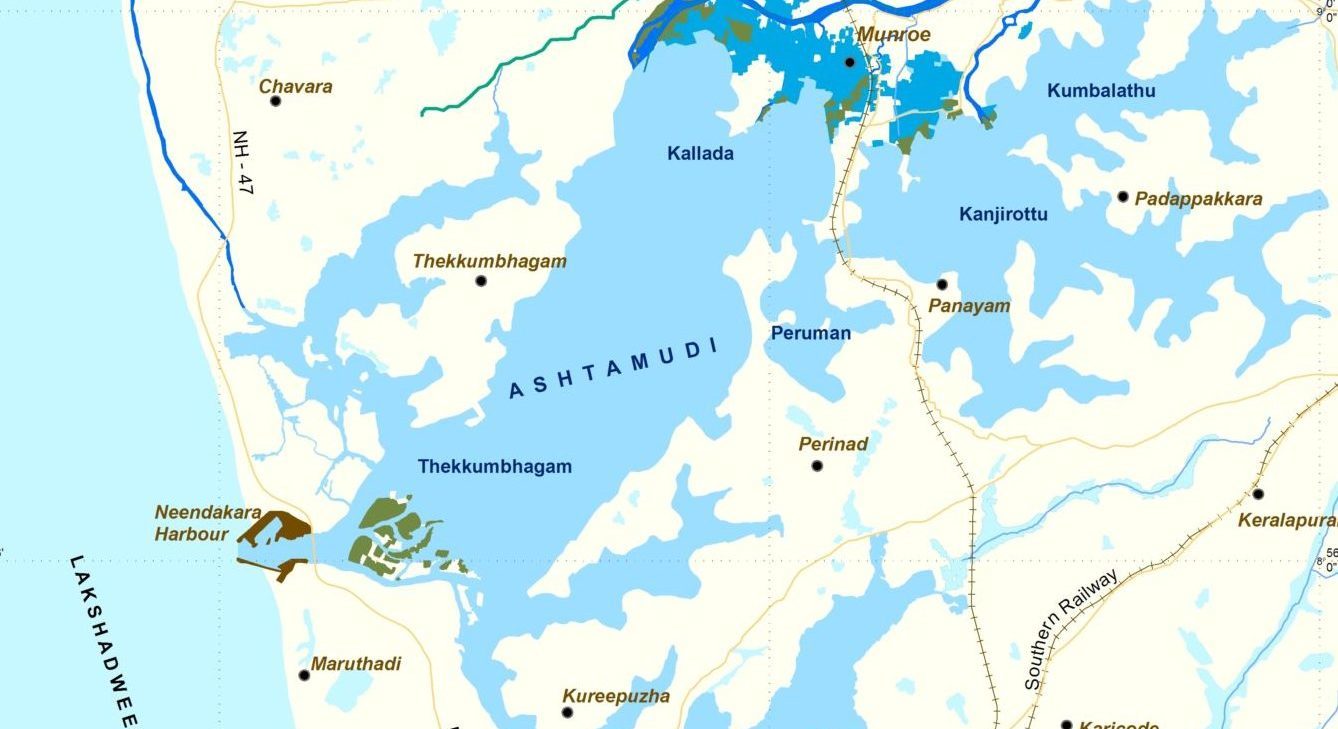March 30, 2023 will mark the first-ever Zero Waste Day.
According to the UN data, an estimated 2.24 billion tons of municipal solid waste is generated annually, of which only 55% is managed in controlled facilities.
References
The Dalai Lama has named a US-born Mongolian boy as the 10th Khalkha Jetsun Dhampa, the head of the Janang tradition of Tibetan Buddhism.
The 9th Khalkha Jetsun Dhampa died in 2012 at Ulaanbaatar, Mongolia. Since then, there had been a wait for his reincarnation.
References
The National Green Tribunal has slapped a penalty of Rs 10 crore on the Kerala government for failing to protect the Vembanad and Ashtamudi lakes.
Vembanad Lake

Ashtamudi Lake

References
New India Literacy Programme launched to cover a target of 5.00 crore non-literates in the age group of 15 years and above.
References
Corporate Debt Market Development Fund
SEBI has introduced the ‘Corporate Debt Market Development Fund’ to prevent recurrences of events such as the one with Franklin Templeton MF.
A back stop is the act of providing last-resort support or security in a securities offering for the unsubscribed portion of shares.
References